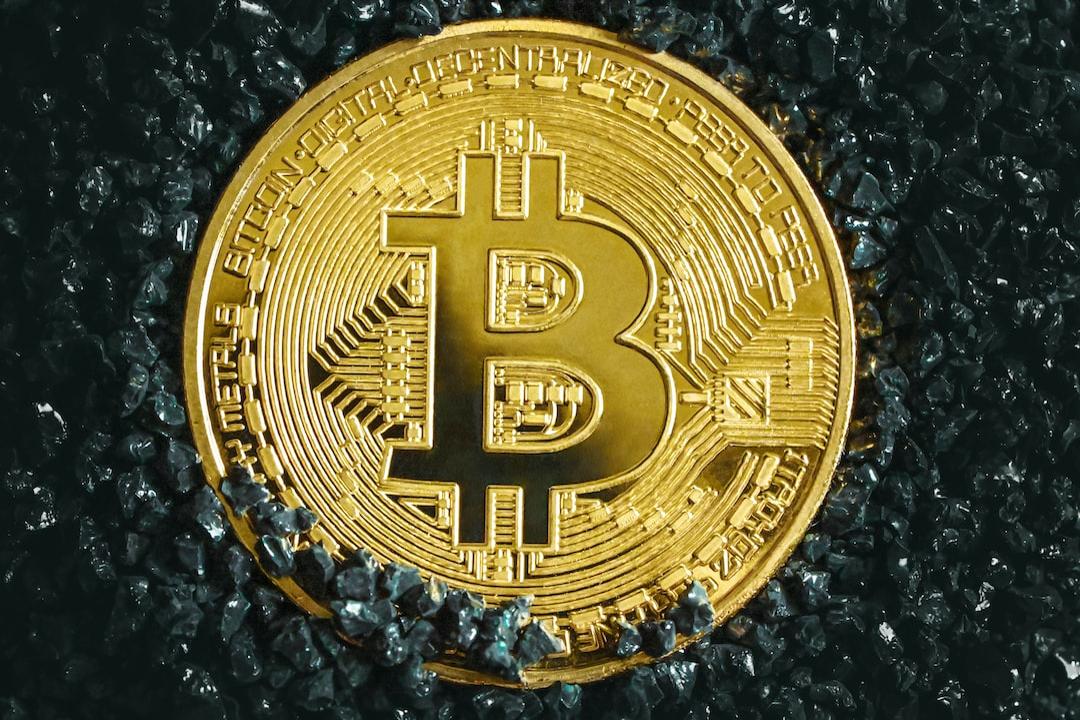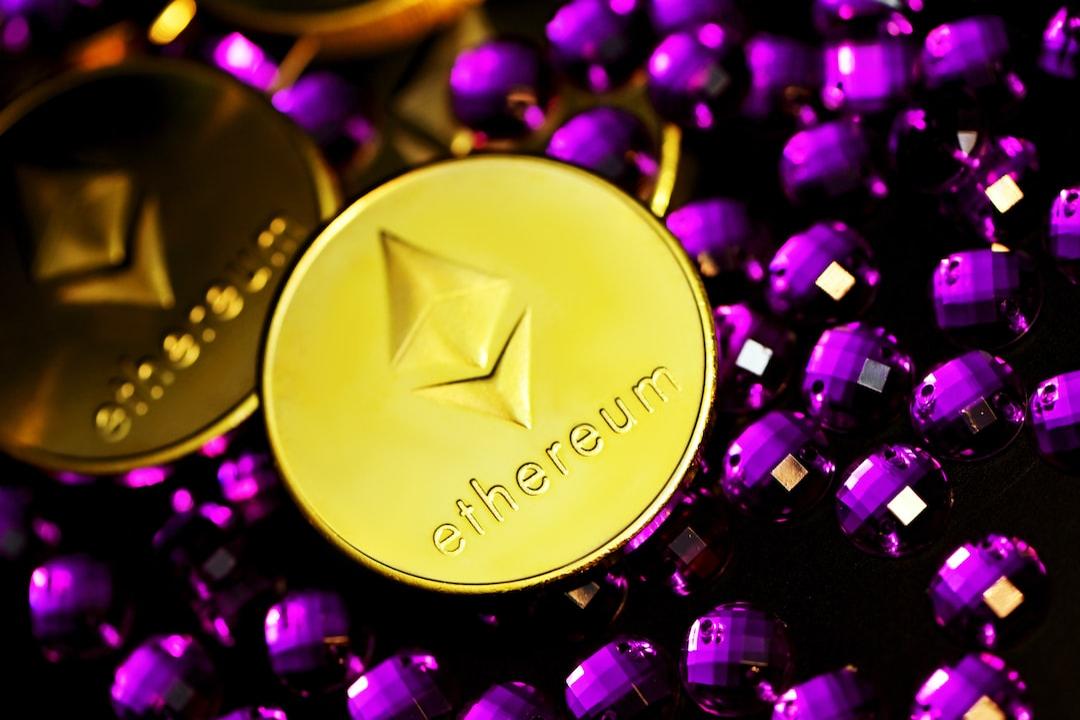Cryptocurrency Lawyer Lin Hongyu (Guo Ke) Comments on the Steaker Virtual Asset Platform Case: Why the Outcome of This Case Will Have a Profound Impact on Taiwan’s Cryptocurrency Investment Circle?
(Background: Steaker Case May Require Constitutional Interpretation! Guo Ke Lawyer: It Is the “Most Important Judgment” Affecting Taiwan’s Cryptocurrency Investment)
(Supplementary Background: Guo Ke Special Article》Bitcoin Investment Experiment: 500 Days of Uninterrupted Results Released)
Contemporary financial technology is rapidly evolving, with various financial products and investment types emerging continuously. Since the advent of Bitcoin in 2009, cryptocurrency has gradually transitioned from a fringe technology to mainstream applications, becoming a tool adopted by the general public and commercial institutions in physical commodity transactions, service exchanges, and even asset allocation. With characteristics such as decentralization, global accessibility, and high anonymity, cryptocurrencies have indeed expanded the freedom of transactions; however, their strong financial nature, rapid cross-border transfers, and potential anonymity have also created various legal challenges.
The nationally renowned digital asset management platform, STEAKER (Seychelles Shang Si Di Ke), launched a USDT stablecoin investment plan to attract public investment, suspected of illegally raising approximately NT$1.48 billion. The district prosecutor’s office has prosecuted Steaker, its responsible person, and core executives for illegally operating deposit-taking activities under the Banking Act.
According to public information, the Steaker case only accepted virtual assets (stablecoins like USDT) and provided allocation returns, without accepting cash or remittances (fiat currency), nor did it provide exchanges between fiat currency and stablecoins. The Steaker case has a significant impact on Taiwan’s technology startups and cryptocurrency industry, especially since the indictment, as this may be the first time in history that a court has made a significant legal statement on whether “the exclusive acceptance of stablecoins (USDT) constitutes a violation of the Banking Act”:
Disputes Regarding Illegal Fundraising in Cryptocurrency:
- Article 29, Paragraph 1 of the Banking Act states: “Unless otherwise provided by law, non-banks shall not operate deposit-taking, trust management of trust funds, public property, or conduct foreign exchange business.” The term “receiving deposits,” as defined in Article 5-1 of the Banking Act, refers to “receiving funds or raising capital from an unspecified number of people, with an agreement to return the principal or provide an amount equal to or greater than the principal.”
- Article 29-1 of the Banking Act states: “Receiving funds or raising capital from a majority or unspecified number of people under the guise of loans, accepting investments, or becoming a shareholder or under other names, and agreeing or providing clearly disproportionate dividends, interest, dividends, or other rewards compared to the principal, shall be regarded as receiving deposits.” Those who violate Article 29 or Article 29-1 of the Banking Act shall be deemed to have committed the crime of illegal fundraising under Article 125 of the Banking Act.
Regarding whether cryptocurrencies (whether Bitcoin or stablecoins) fall under the “funds” or “monies” referred to in the Banking Act, and whether cryptocurrencies fall within the scope of punishment for illegal fundraising, there have been two completely opposite court views in the past, which can be seen in the following three landmark judgments:
1. Not Constituting Illegal Fundraising (Taiwan High Court 107 Year Jin Appeal No. 83 Judgment)
This judgment held that Bitcoin does not constitute business under Article 3 of the Banking Act (business that banks may operate); therefore, it does not classify Bitcoin as “money and funds” under Article 29-1 of the Banking Act. The court thus considered that virtual assets like Bitcoin are not businesses that banks can lawfully operate, hence not constituting the crime of illegally operating deposit-taking (Article 125, Paragraph 1 of the Banking Act).
2. Constituting Illegal Fundraising (Supreme Court 111 Year Tai Shang No. 5556 Judgment and Supreme Court 112 Year Tai Shang No. 317 Judgment)
The outcomes of these two judgments appear to contradict the interpretation of the Taiwan High Court 107 Year Jin Appeal No. 83, creating the concept of “indirect capital flow.” It concluded that the defendants, by accepting game tokens and virtual currencies, may be treated similarly to receiving cash or remittances (fiat currency), thus still constituting illegal fundraising.
However, the actual criminal facts of the two judgments are: “…even if prospective investors do not hold Bitcoin, they can participate in investments by paying cash or transferring funds to designated accounts,” and “inviting unspecified persons to invest…in Bitcoin mining machines, with investment funds primarily paid in cash.” The factual circumstances of the two cases do not solely involve the acceptance of virtual assets but also include the absorption of legal currency, which seems different from the background facts of the Steaker case.
Future Impact
The Steaker case will have a dramatic impact on Taiwan’s technological startups, as the compliance of numerous business models needs to be reassessed. At the same time, the court reviewing the Steaker case will inevitably have to adopt one of the two distinctly different practical views (or create a new interpretation?) in its judgment, making a significant legal statement on whether “the acceptance of stablecoins (USDT) constitutes illegal fundraising.”
In fact, this significant legal controversy has previously encountered similar cases, which, after a definitive judgment, attempted to request the Constitutional Court (Grand Justices) for review (Constitutional Court 113 Year Shen Cai No. 569). Unfortunately, the Grand Justices did not express a position on this controversy, ruling “not to accept” by stating it was not legal.
Regardless of how the judgment is rendered, the future still presents two different court views regarding whether the acceptance of virtual assets constitutes a violation of the Banking Act. Whether the Constitutional Court will resolve the discrepancies in court interpretations remains to be closely monitored.


